More than 30 years since Ford launched the UK's first personal contract purchase scheme, PCPs are today the leading form of new car motor finance among private buyers.
Affordable (you fund only a portion of the car's list price), flexible (at the end of the repayment term, you can part-exchange the car for a new one, pay the balance to buy the car or return it) and widely available (pretty much every dealer offers them), a PCP kicks all other forms of personal new-car finance into touch.
Factor in sweeteners such as low-rate finance and manufacturer deposit contributions (dc) and it's a no contest.
Of course, a PCP comes with strings, such as condition and mileage penalties, but unless you're handing the car back to the dealer at the end of the term and walking away, they're rarely imposed.
Instead, most people either part-exchange their car or sell it to a trader who pays off the finance as well as returning them some extra cash - what the trade calls equity.
Of course, wise heads would say the smarter thing still is to buy nearly new and avoid expensive new car depreciation. Perhaps, except that, thanks to the manufacturer finance offers some are bundled with, a new car on a PCP may actually be better value - and almost certainly so if you can chisel a discount or a free servicing package.
In any case, the latest model-year always brings useful improvements or upgrades that make a car more satisfying to run.
The clever thing about a PCP is how good it is at reducing any conversation about car buying to one thing: the monthly repayment. We've focused on what £400 per month (or £100 per week, if you like) - the value of the average repayment - gets you. All the deals are based on driving 10,000 miles per year.
Compared with a similar exercise that we carried out almost 10 years ago, what's striking is how much more deposit is required to arrive at the same monthly repayment of £400. Blame the increase in car prices for that, plus expensive variants including hybrids and electric cars.
Is handing over a big deposit to reduce the monthly bill a sensible idea? Putting a large amount of hard cash into a car that will only depreciate isn't really a smart move, especially when it's one you will never own without paying even more.
Worse still, you may have nothing left for your next deposit, which, when it comes to PCPs, is the name of the game.
Convertibles
Mazda MX-5
Reasonably affordable deposits, one of them boosted by a deposit contribution, plus low-rate finance are a feature of this trio of soft-tops. The downside is that all the deals are four-year terms, which means you're in them for the long haul. Pray for good weather...
In recent years, the Mazda MX-5's price has gone through its own fabric roof. We've plumped for the zippier 2.0-litre version in mid-spec Exclusive-Line trim, which has perforated leather seats and dynamic stability control with a track mode that dials the DSC back.
Even with a deposit of £4500, it's still £402 per month over four years, but at least the APR is low.
Mazda MX-5 Exclusive: Deposit £4500. APR 2.9%. Monthly payment 46 x £402

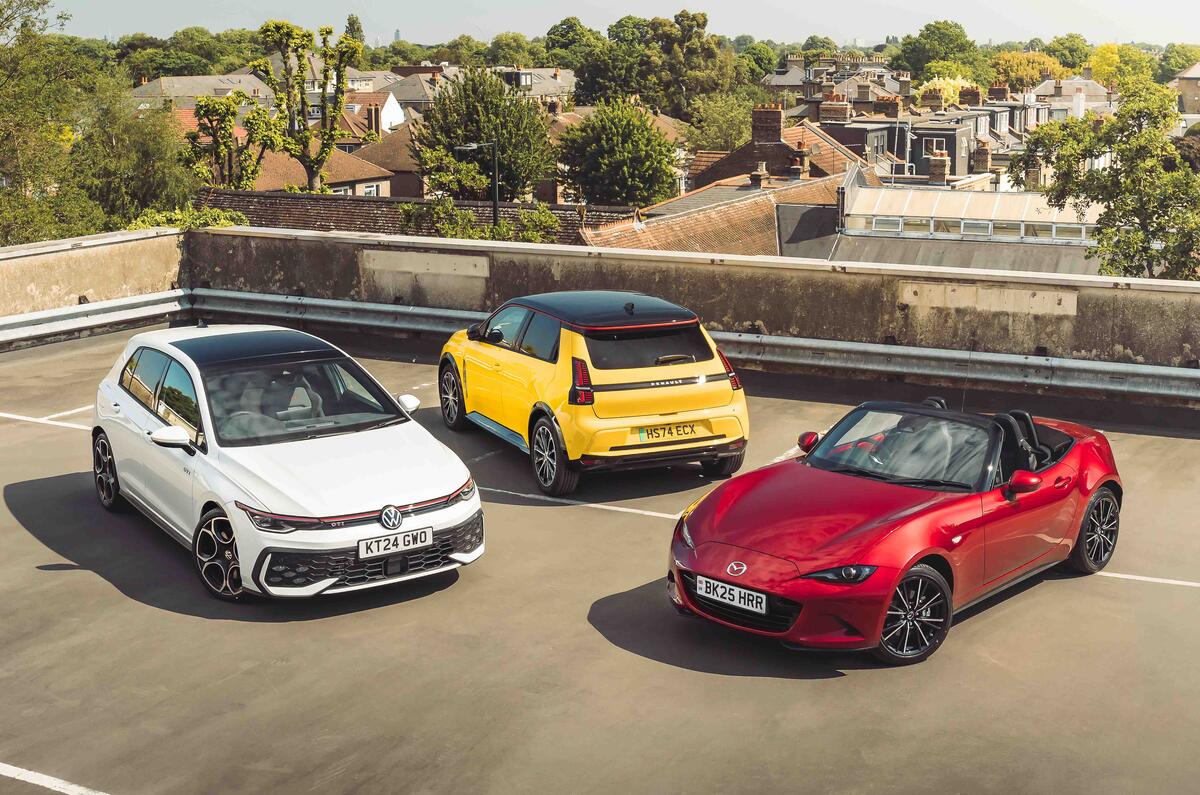
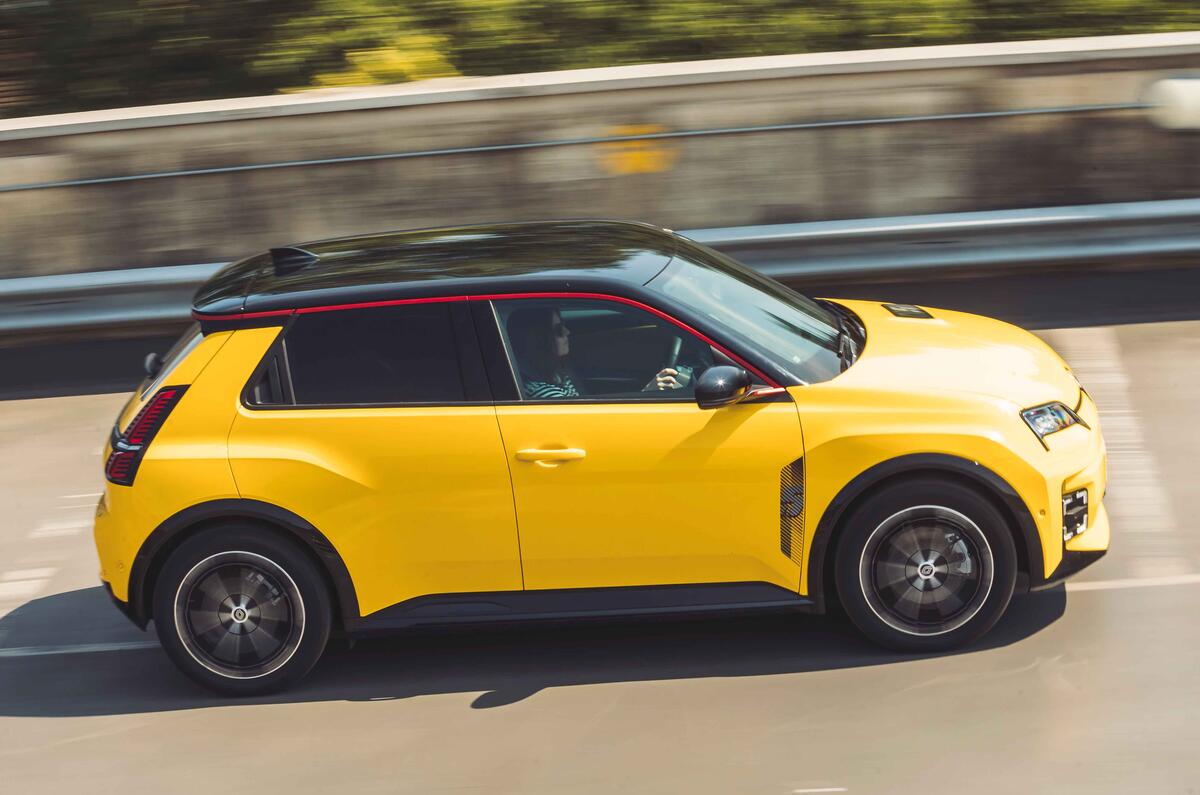
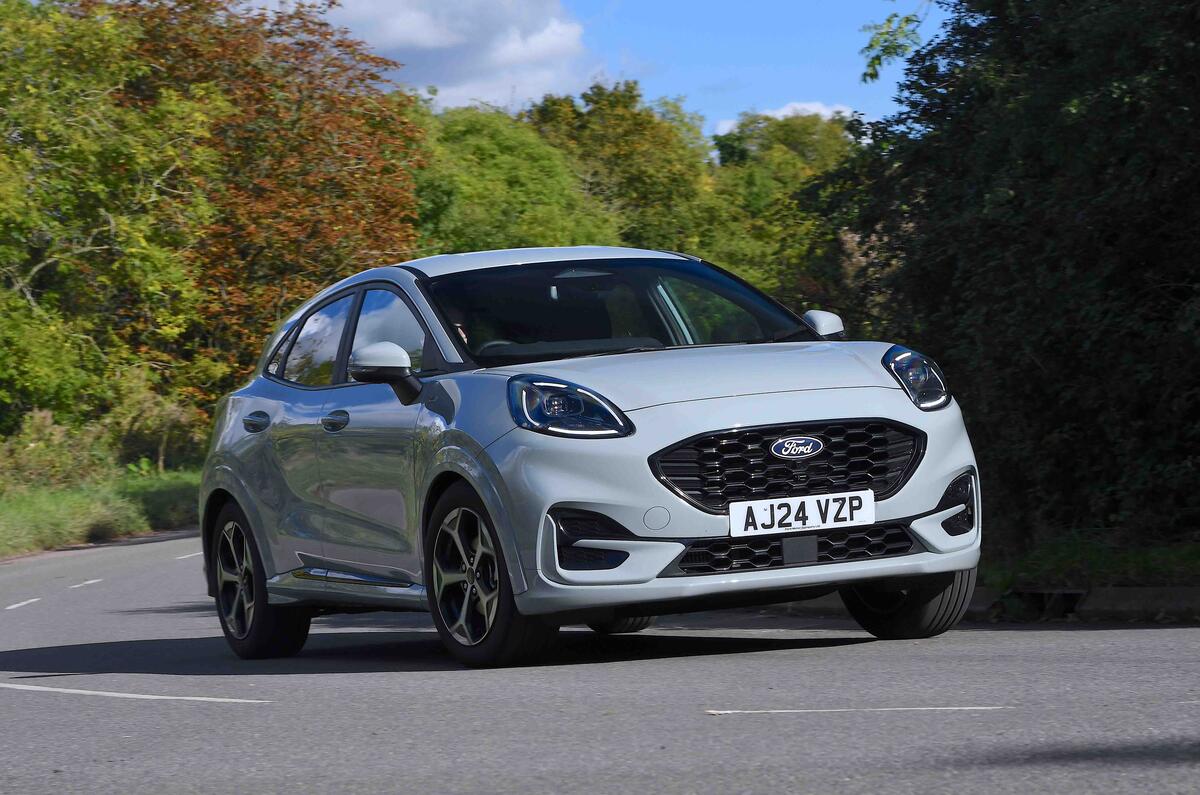
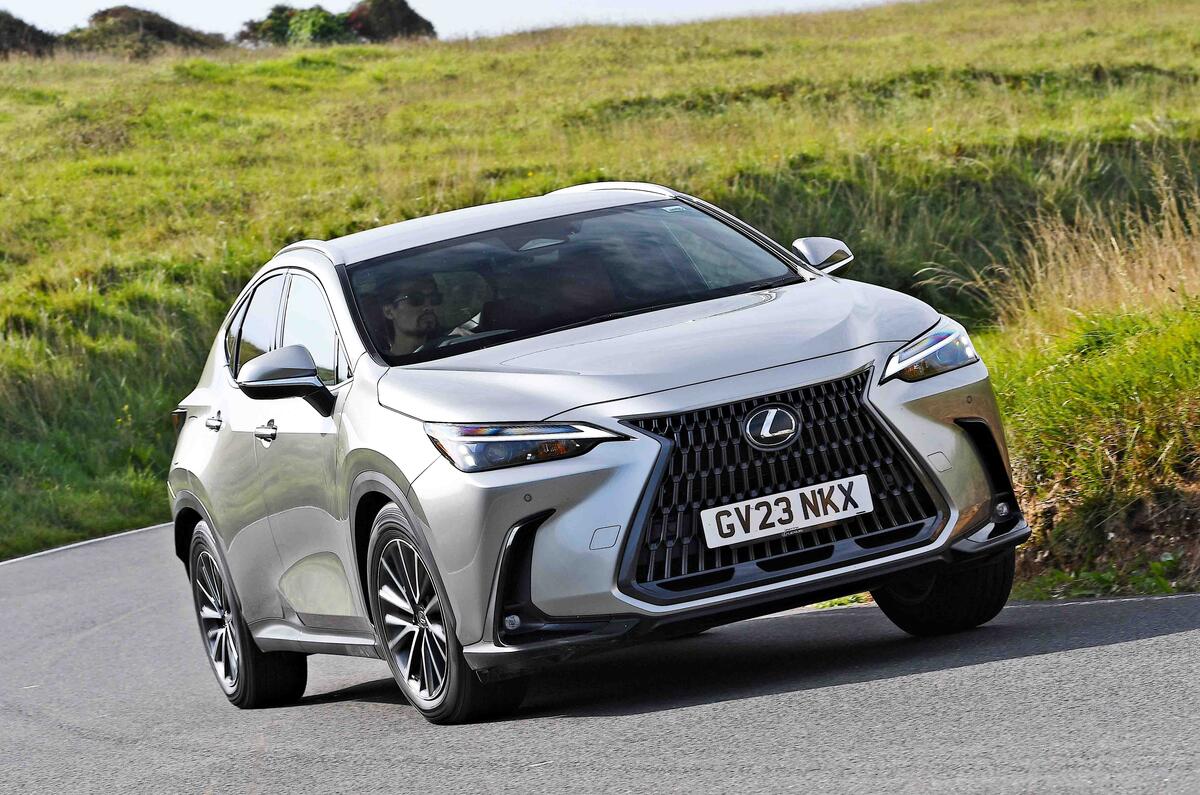
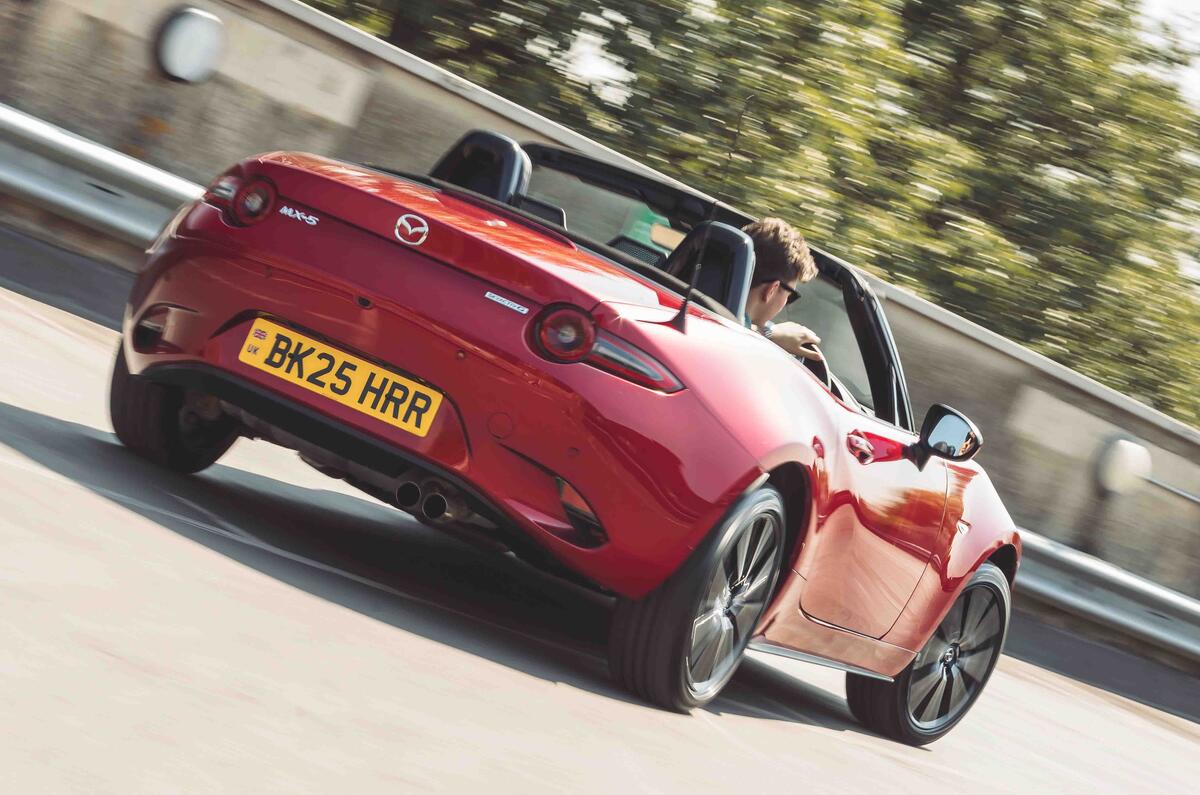
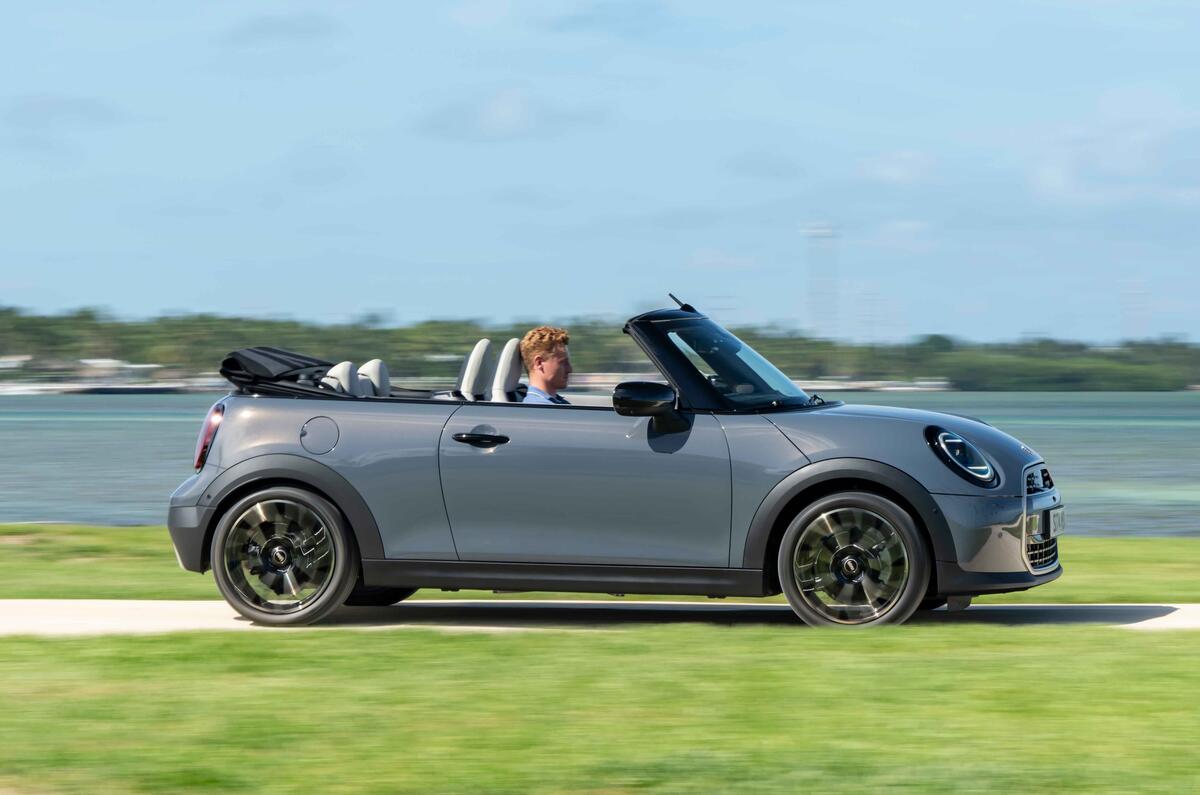
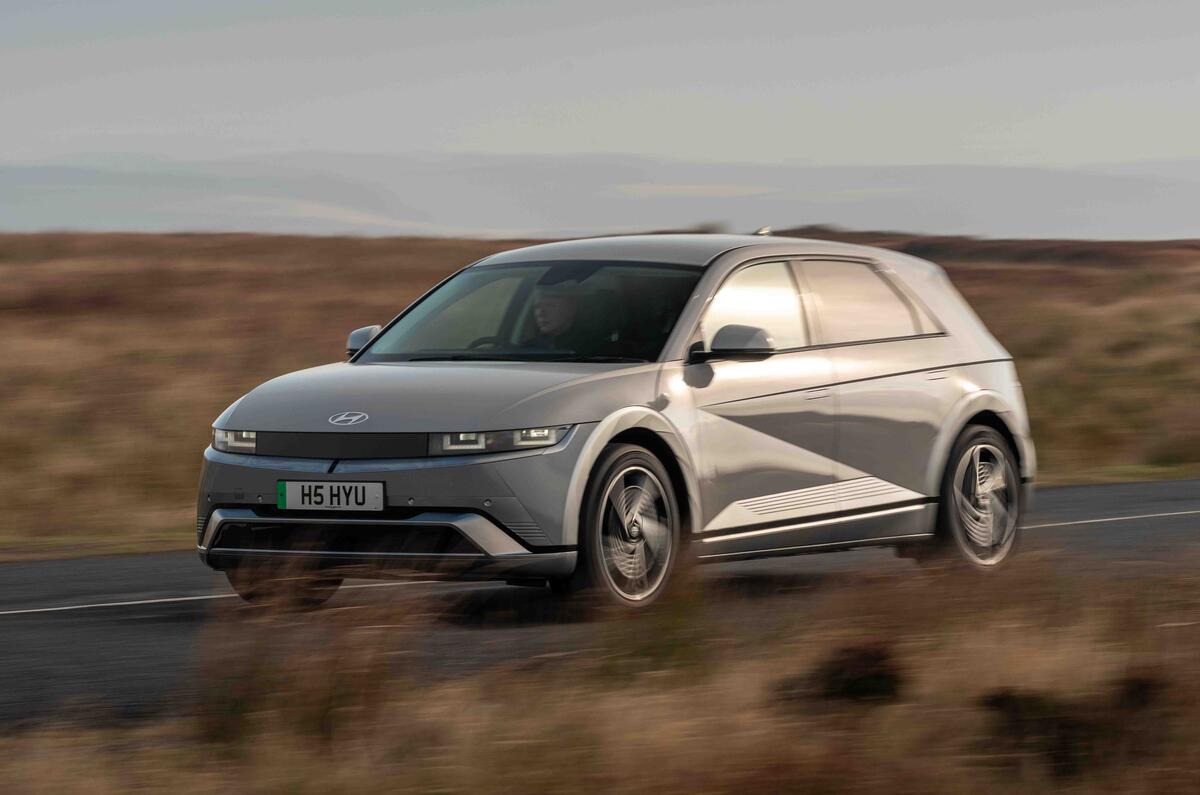
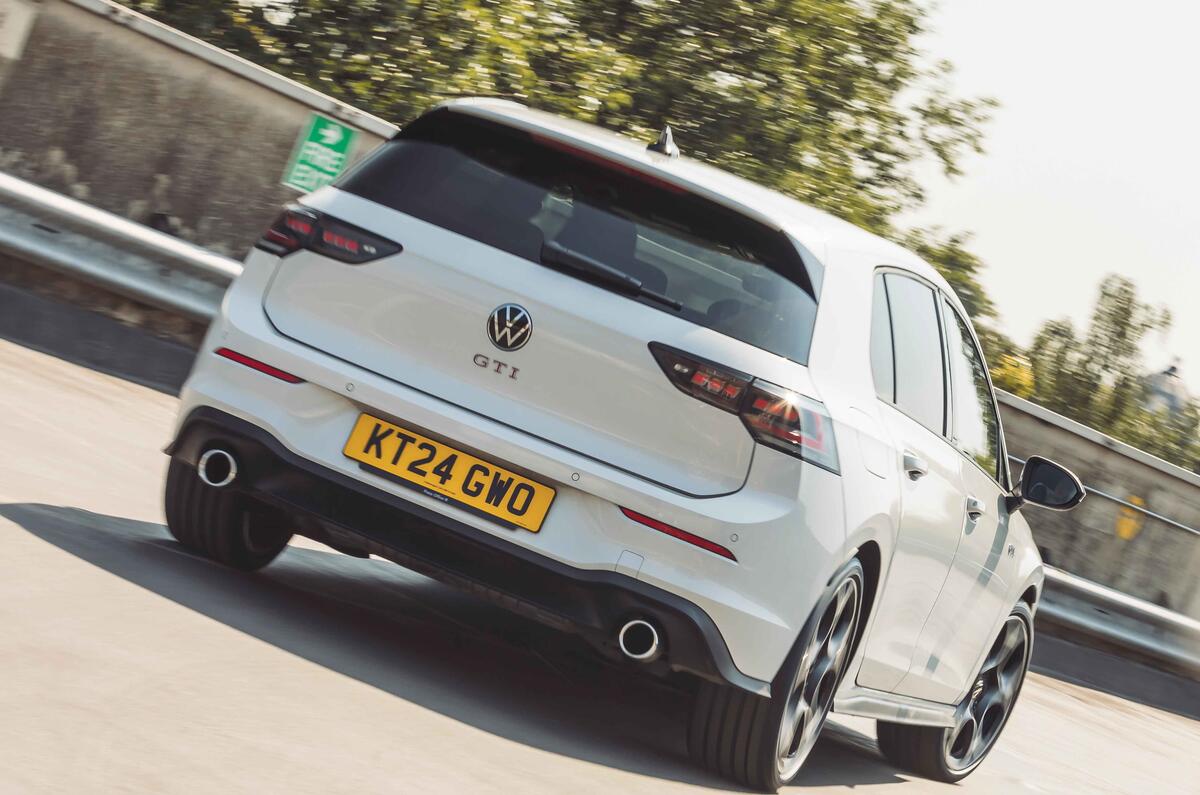
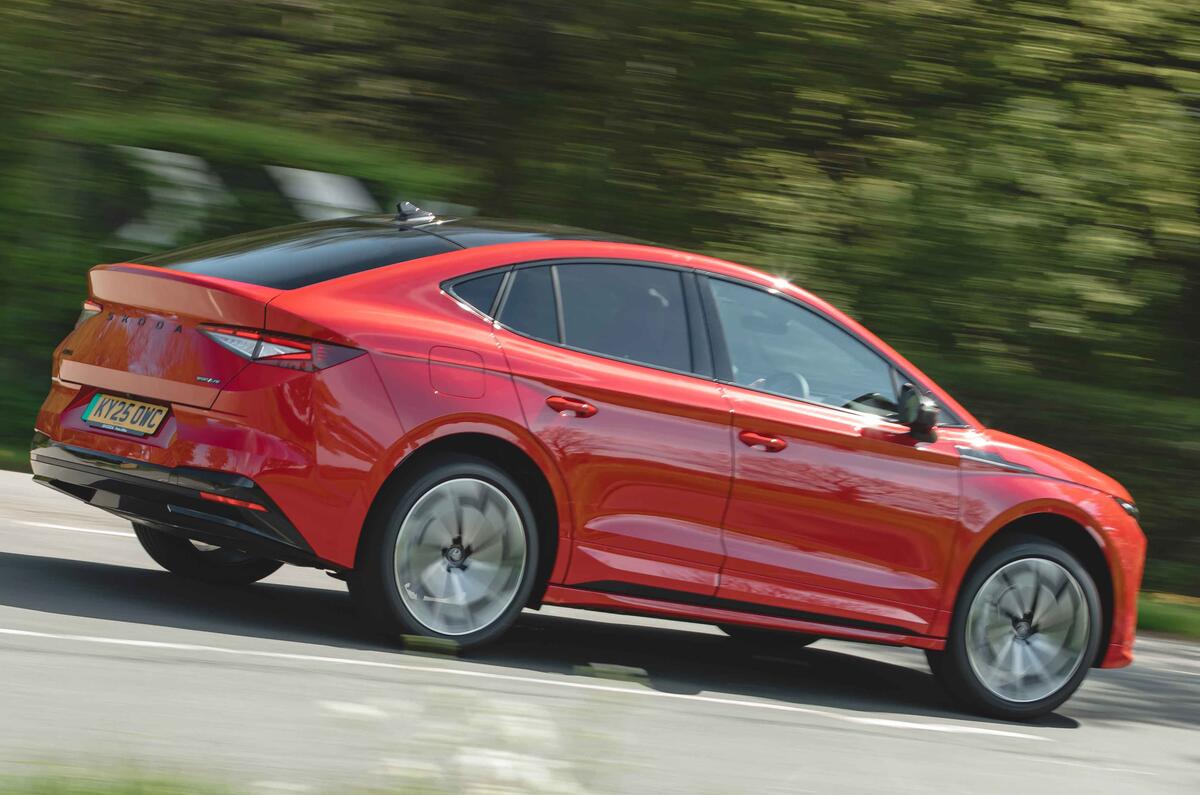
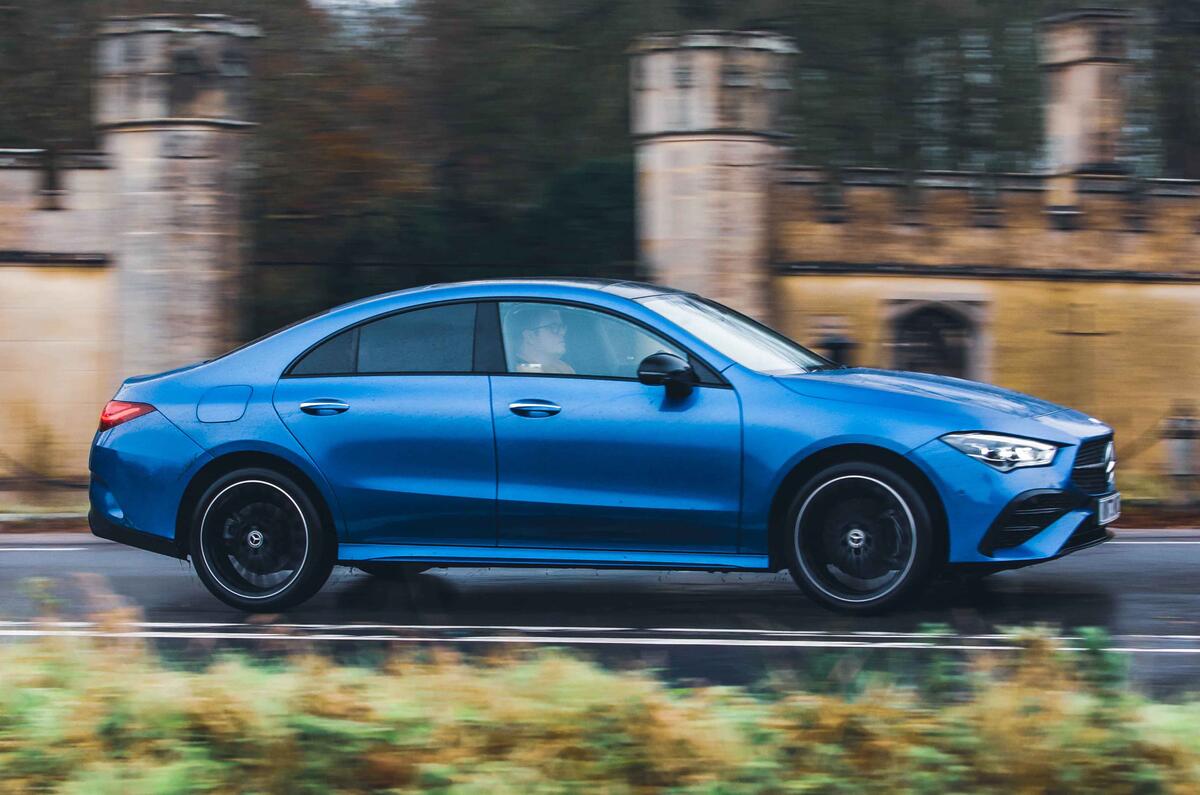

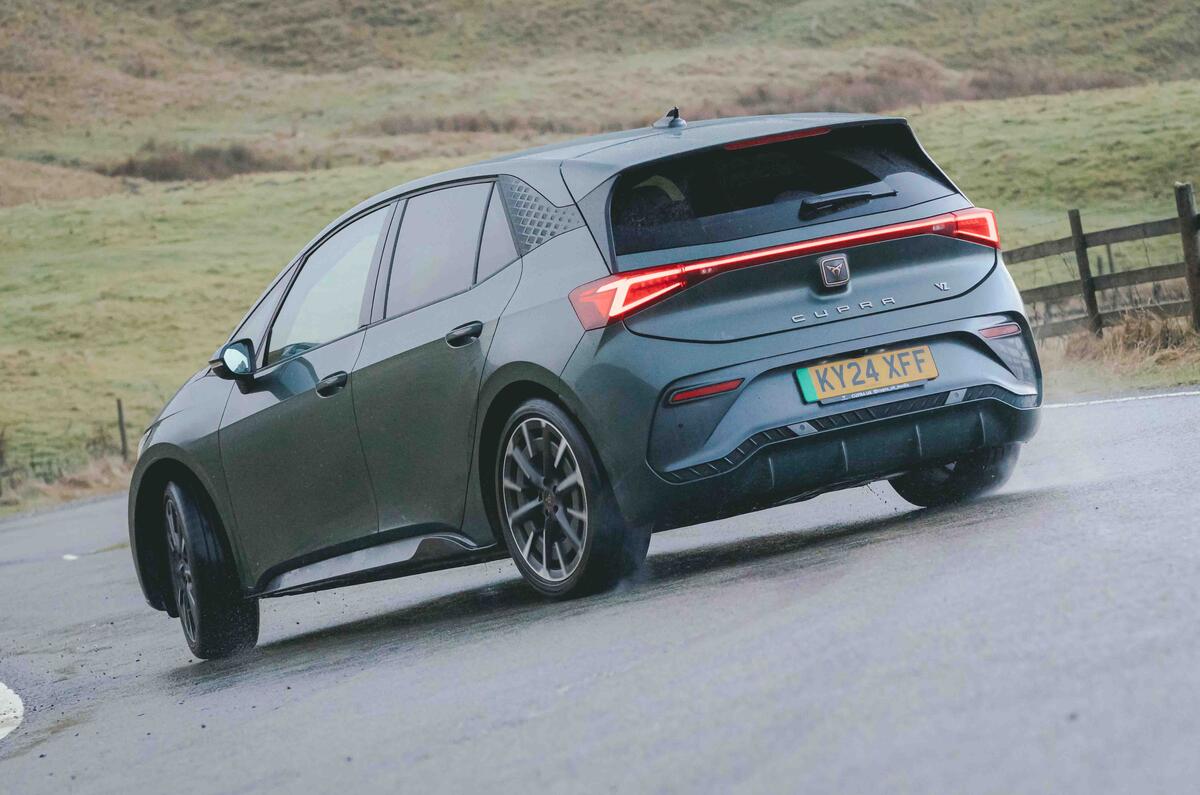
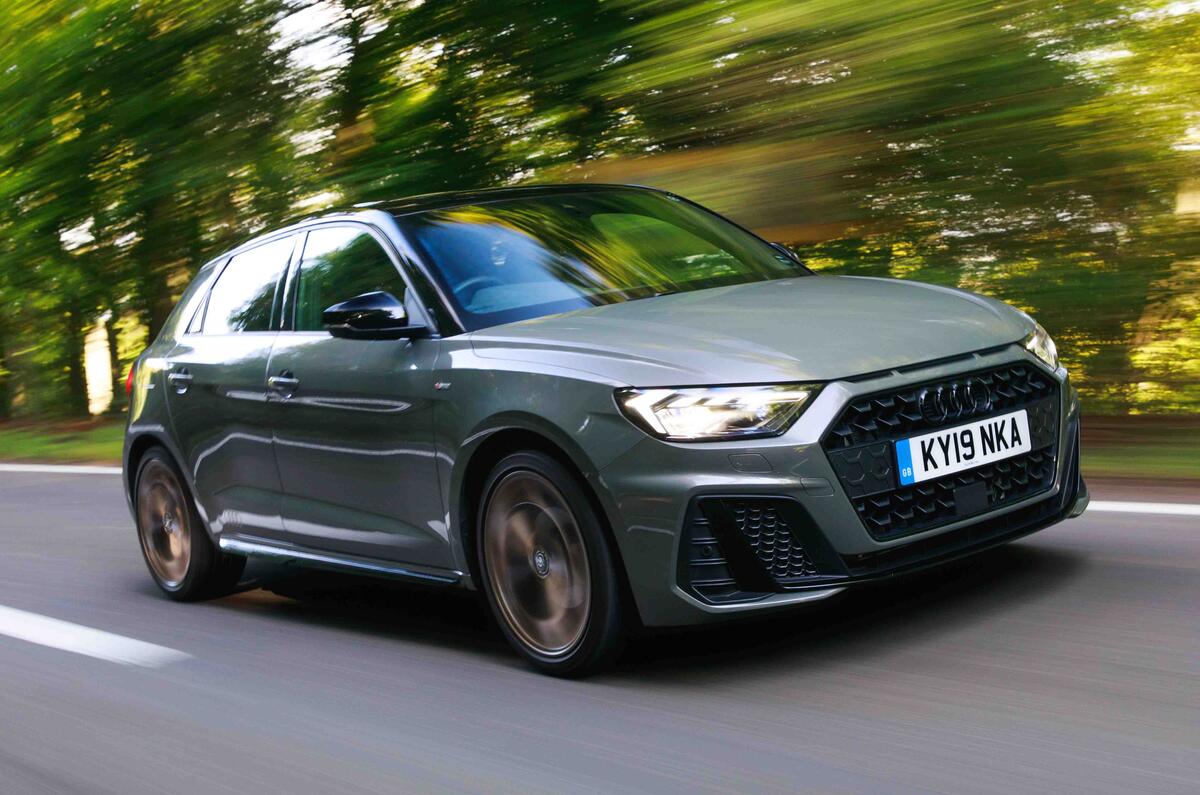
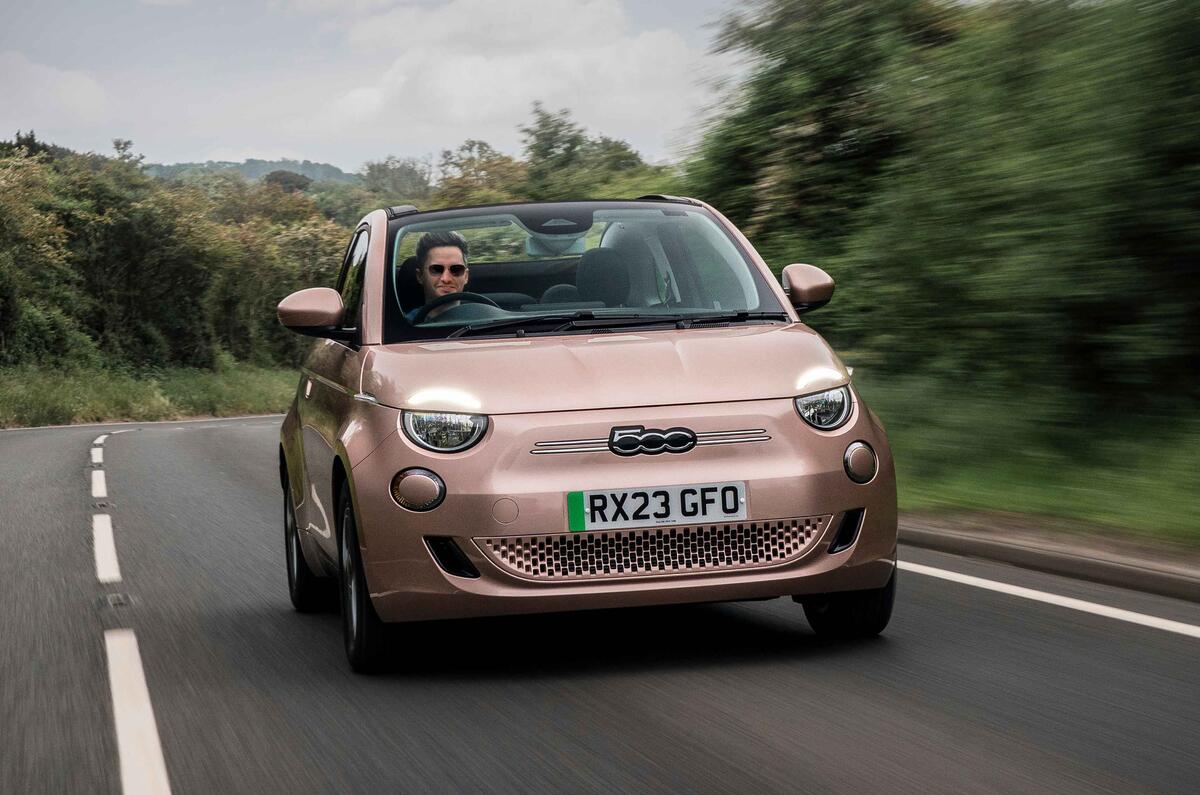

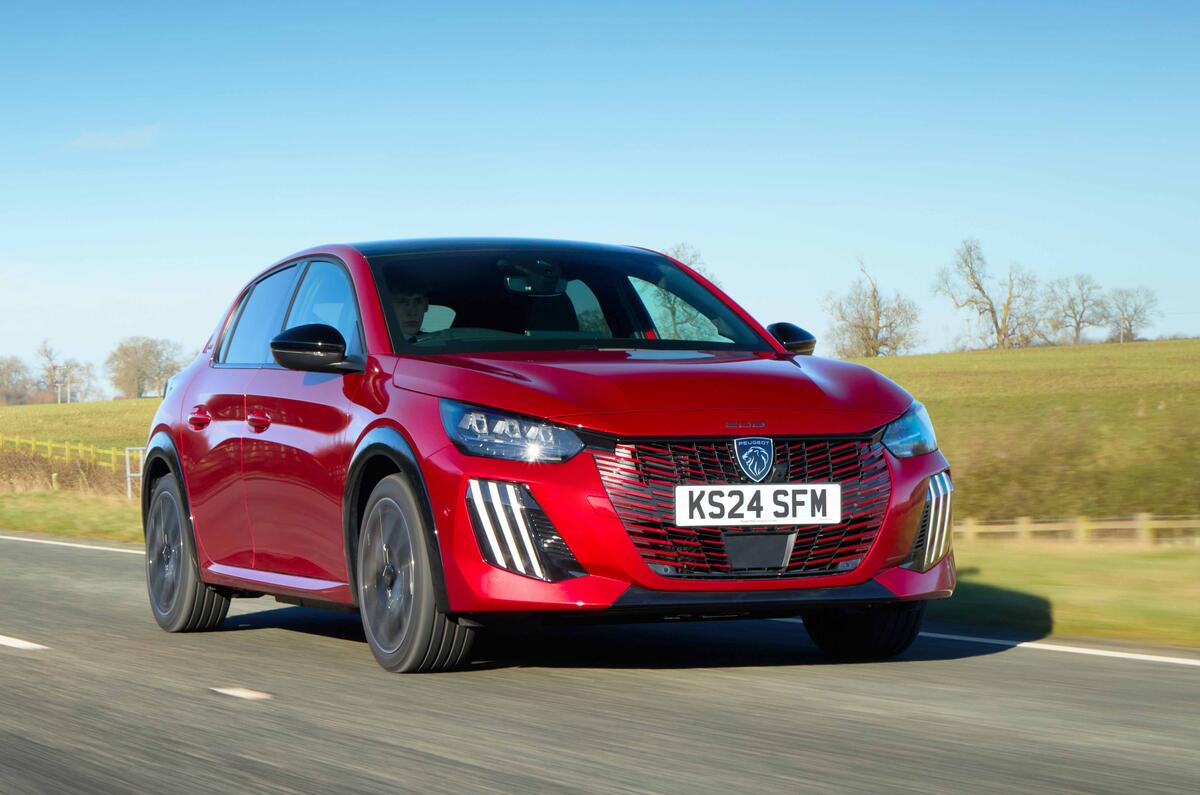

















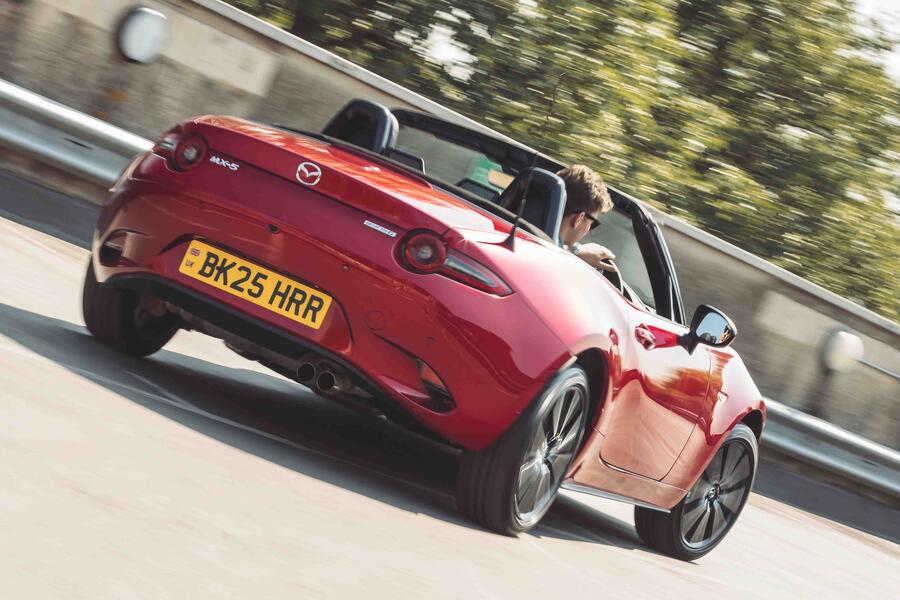
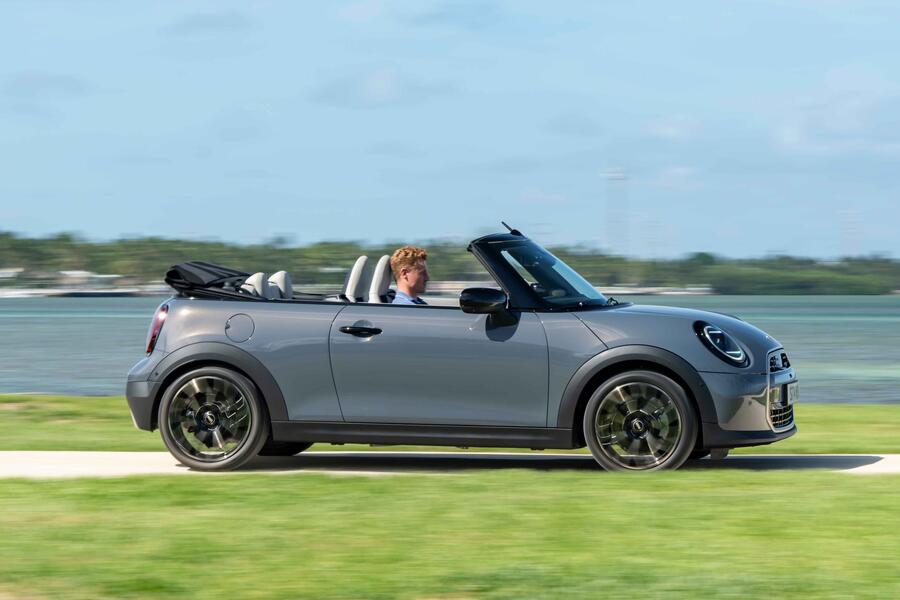
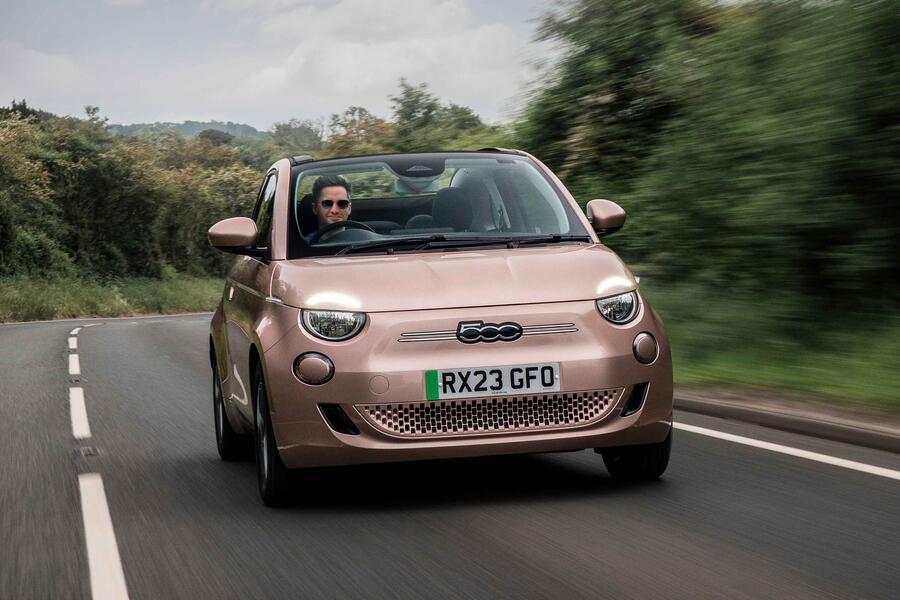
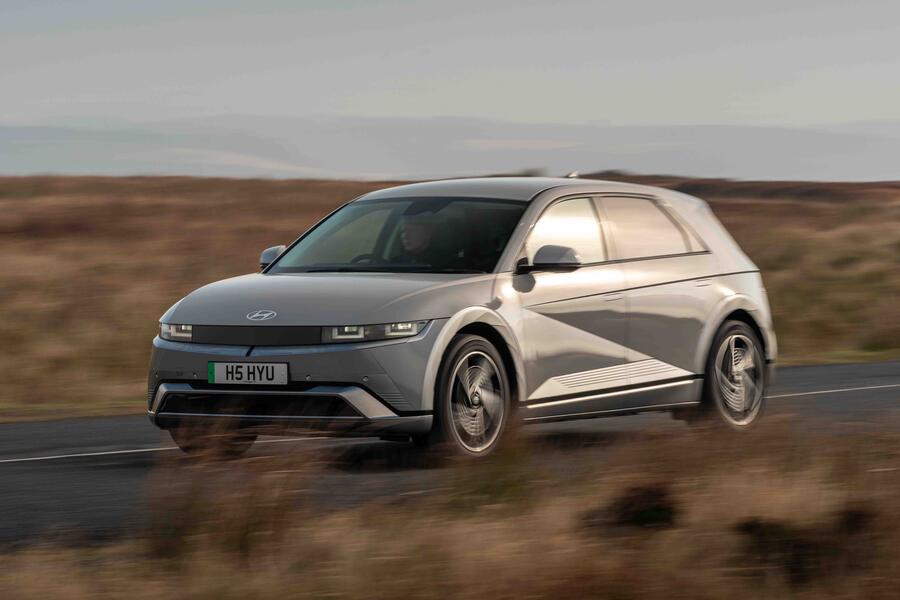
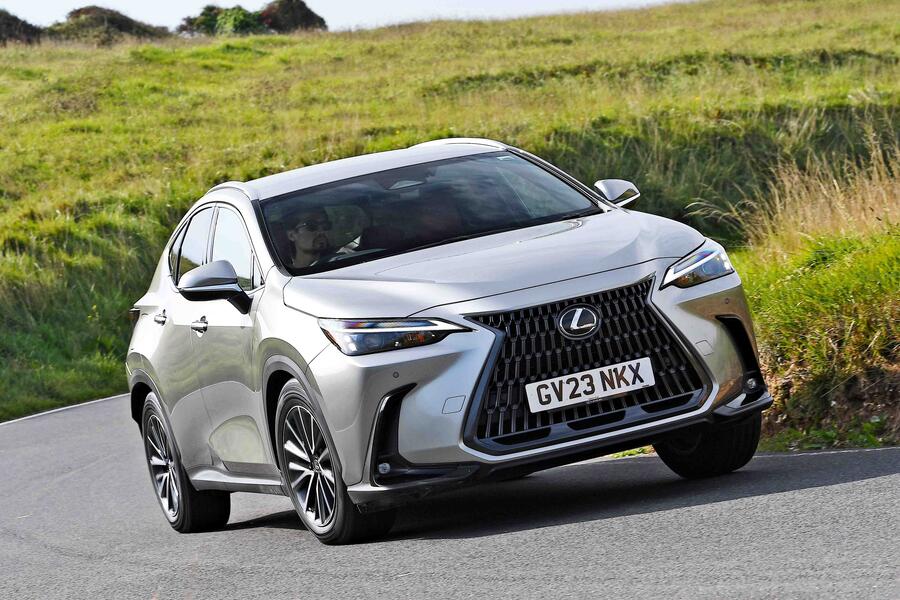
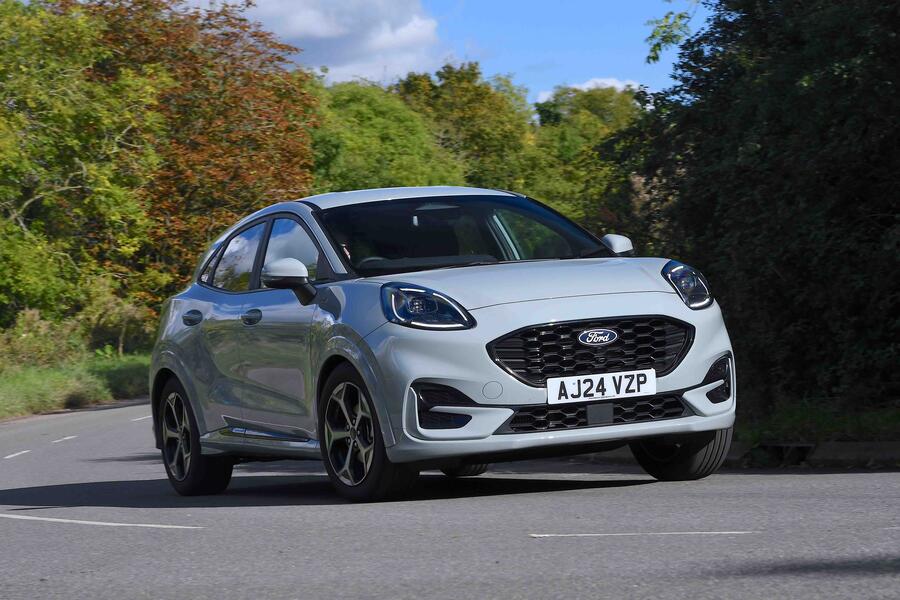
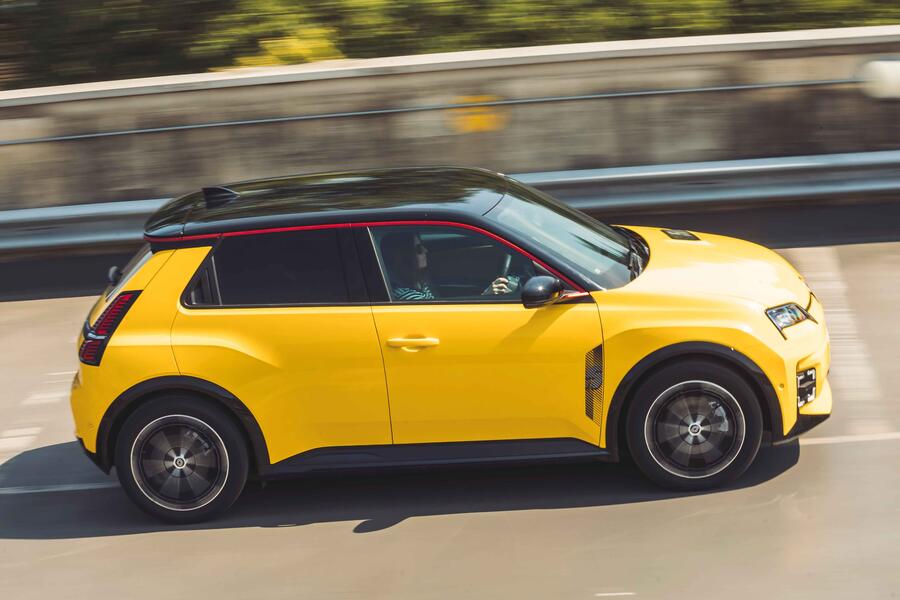
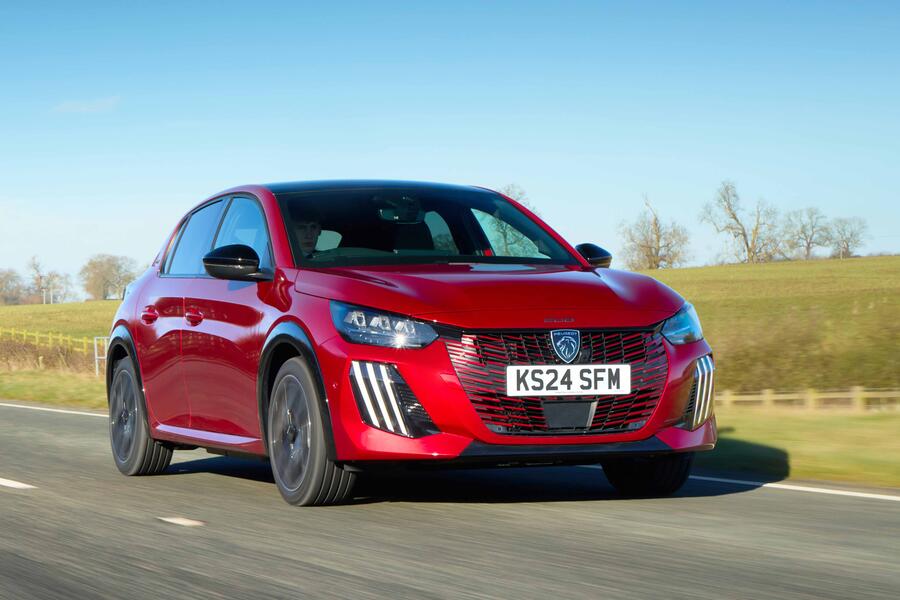
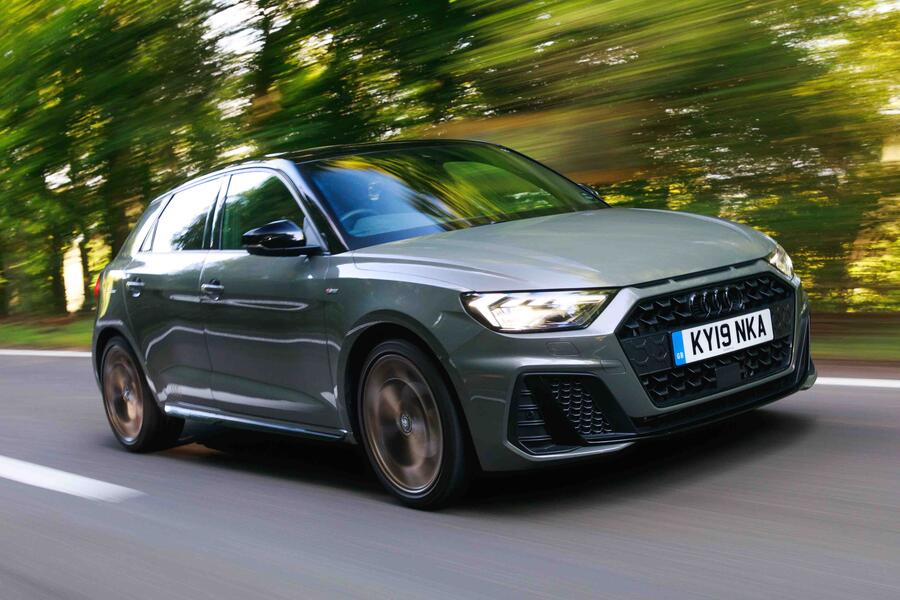
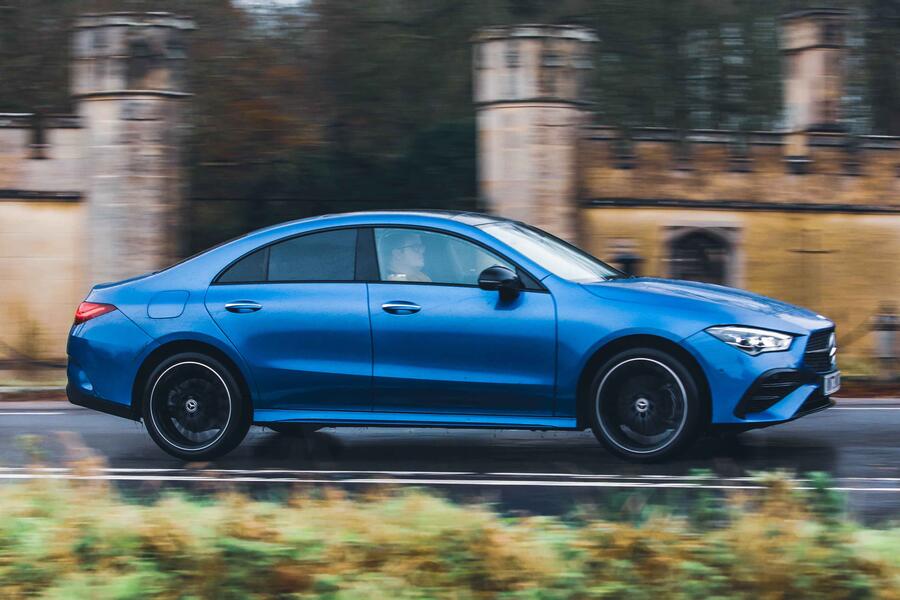

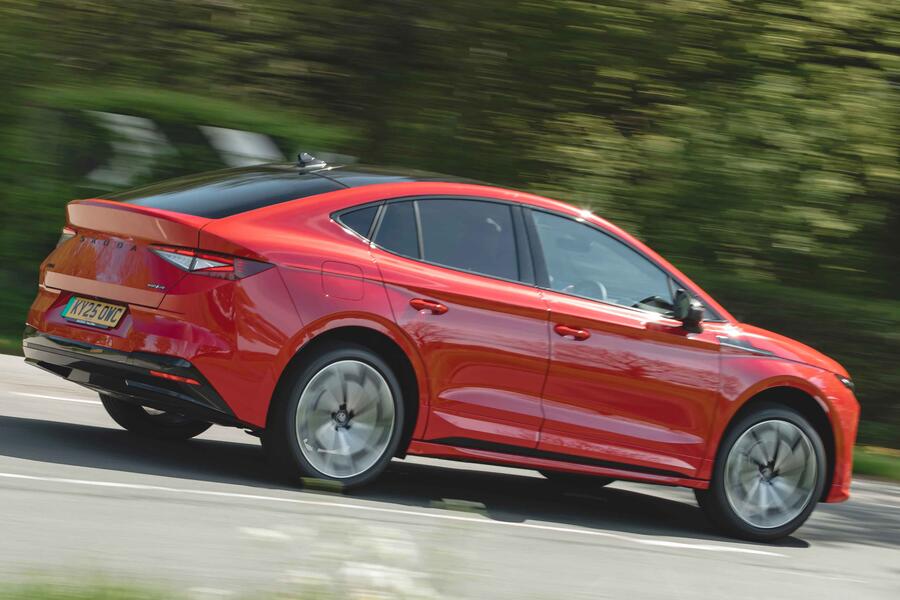
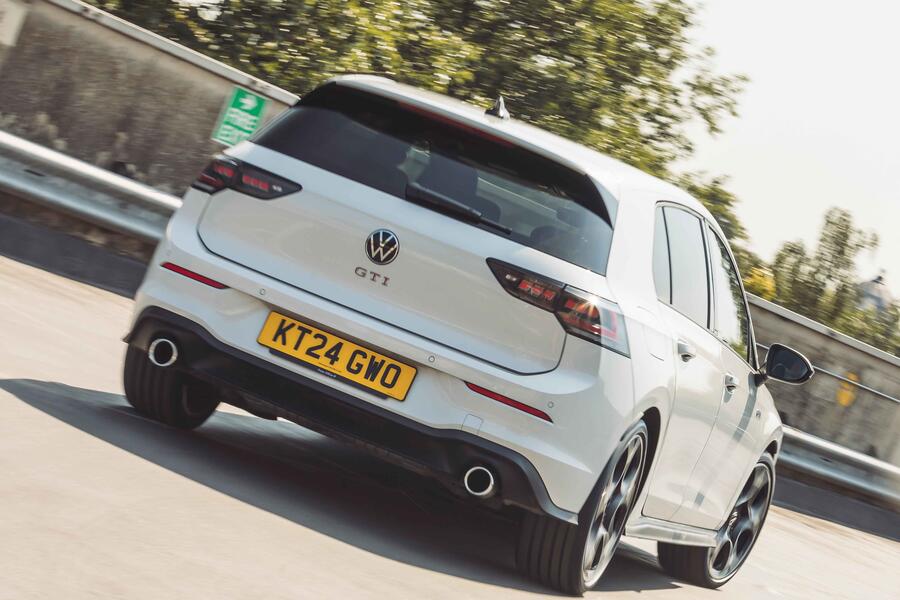
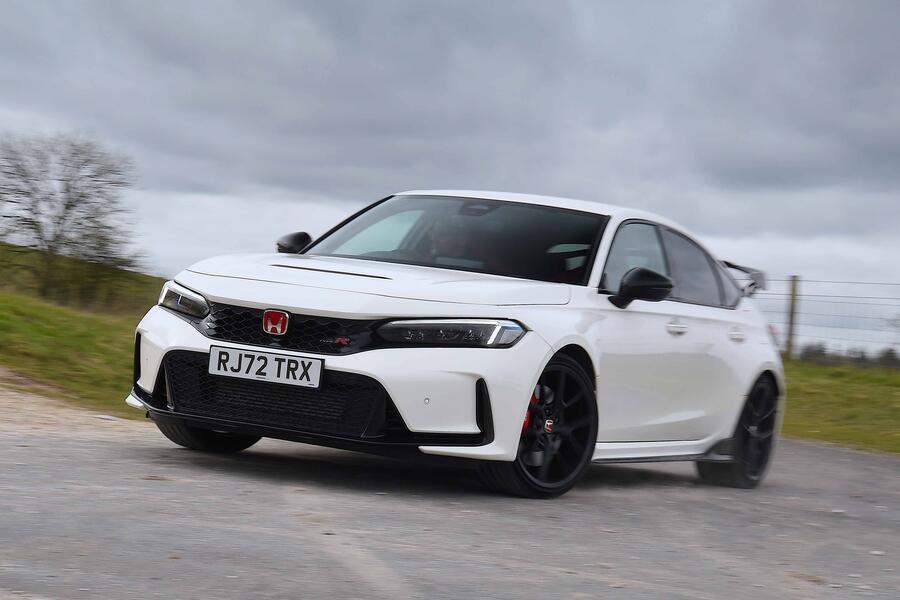
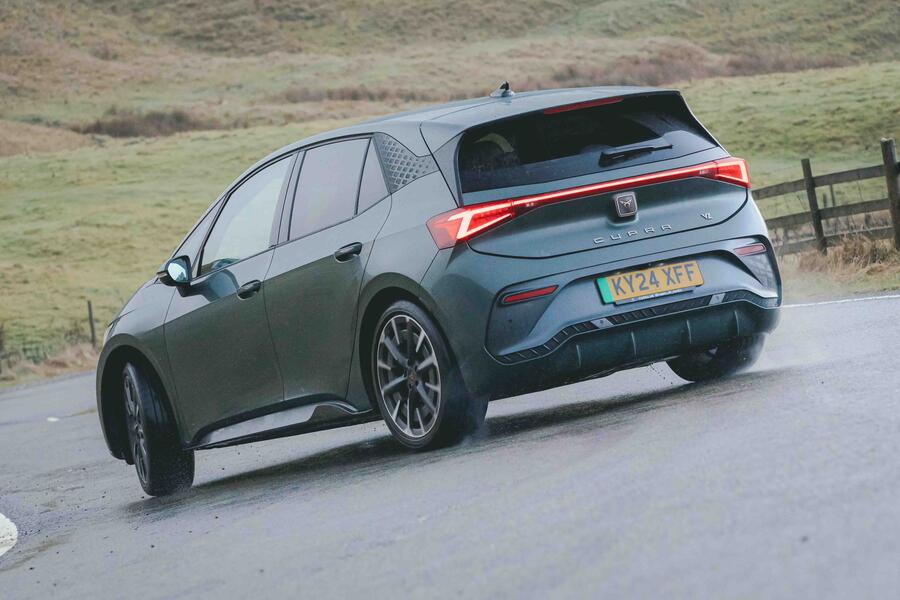

Join the debate
Add your comment
I might be old fashioned but I'm not quite sure how the numbers stack up compared to buying used or nearly new.
Take the MX-5 example above, the total cost over 4 years for the PCP is c. £23.5k (including deposit and monthly repayments). Buying outright brand new is not much more (£28k ish?) If you buy used, then £23.5k will buy a lot of MX-5, and you won't have the depreciation. When you own a car outright, you're in control, you can choose when and where to sell it and are not subject the whims of valuation of the dealer / finance co.
I know the attraction is cashflow, but personal loans are cheap at around 5.8% or so.
Or I am just a hopelessly out of date Gen X ? What am I missing here ?
No, you're certainly not out of date and you're absolutely right. The cheapest way to run a car is when you hold all the cards, not the finance company.
I like how the total repayable figure isn't mentioned. That's because those who can't afford to buy a car would rather stick their heads in the sand than admit it.
That BMW 420i, which has no extras ( does anyone buy a BMW with no extras ? ) will cost you £14193 deposit + 47 x £400 = £33k.
So at the end of year 3, when you see all those nice shiny new models with the latest number plate, you'll still have a year left to drive a car which will have cost you £33k. Jings !
the numbers do NOT stack up, always better to buy ( nearly new/used) especially, if you have the cash and dont need to borrow..
If anything, this shows just how crazy new car prices have become (EV or not). So, to get a £400pm limit, in some cases you're dropping over £10k 'deposit'. A deposit is normally something you get back, but this isn't. You also have diminishing choice with new cars - not many smaller models, too many SUV's and no diesel's really anymore. Buy secondhand or 'nearly new'. You'll get a much better deal with smaller deposit and probably more choice.
What a ridiculous article. Pay more deposit and get a more expensive car for £400 per month - who would have ever thought??!! I've just got a Ferrari 12Cilindri with the options I wanted. £400 a month (if you ignore the £190,000 deposit and final payment....)
Thank you very much Deputy, absolute nonsense. Look at these cars for £0 per month, just a 100% deposit.